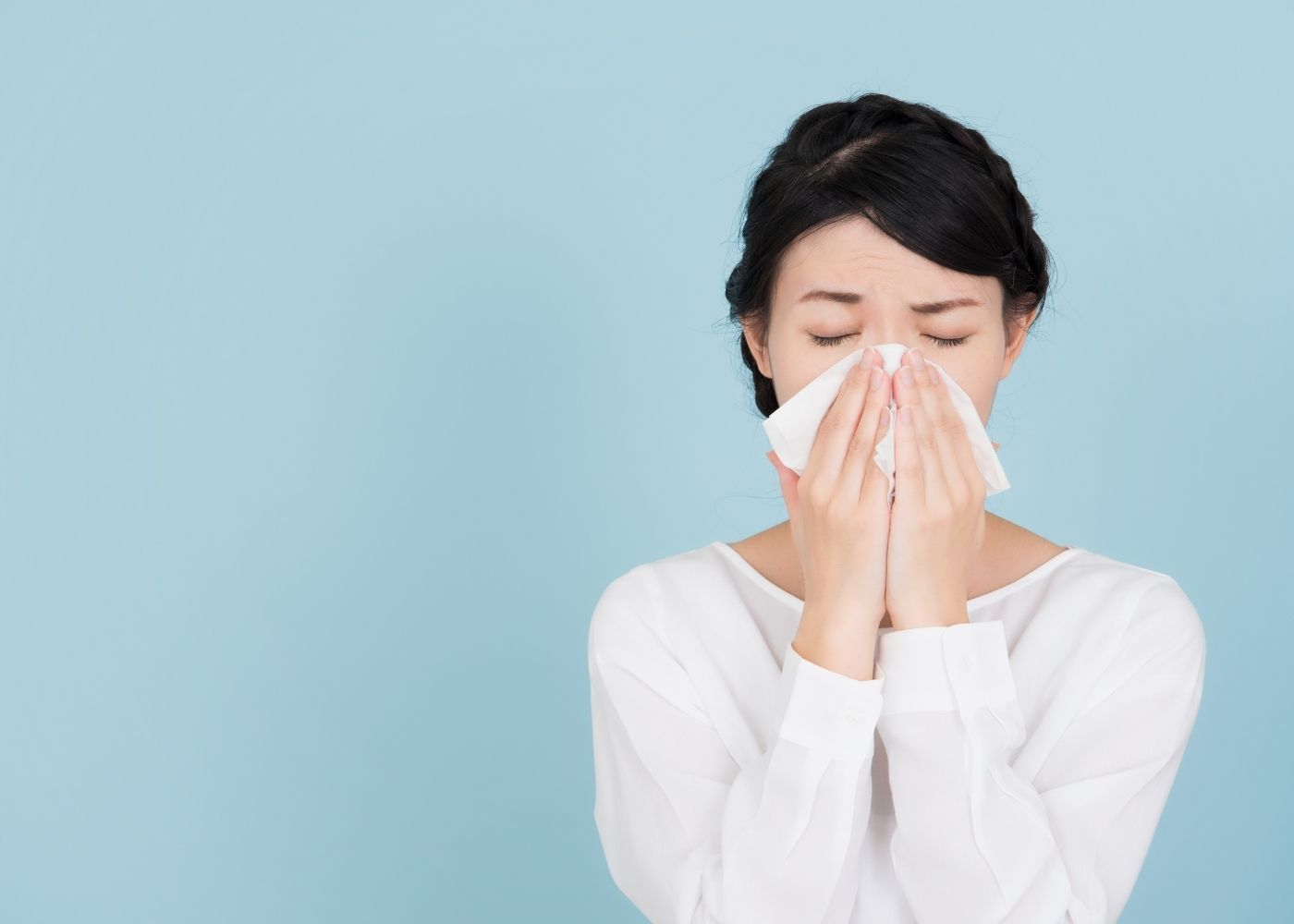Australian allergy sufferers are amongst the highest numbers in the world. This has increased dramatically over the last thirty years. The cells of our immune system responsible for reactions such as allergies, sensitivities and inflammation are dominant at birth as a protective mechanism. So why aren’t all babies and children allergic? It depends on their exposure to BUGS.
Studies show that children with less allergies have more siblings, live a greater distance from the city and have pets. Hence, they are exposed to more ‘friendly’ type micro-organisms.
The ‘clean’ environment we try to create in the city with antimicrobial wipes, sprays, bleach and detergents make our children sicker.
The cells of our immune system responsible for fighting viral and bacterial infections help balance out this allergy tendency; however, these cells are immature or under developed when we are born. They need to be stimulated in order to become stronger. The old adage ‘if you don’t use it you lose it’ holds true.
If you visualise the immune system as an army of soldiers; if the soldiers lie around playing cards rather than physical training, the army becomes weak and inefficient. Medications such as antibiotics, steroids/cortisone, and fever suppressants do the work for the soldiers and as a consequence the immune system becomes lazy, unfit and unskilled. A vicious cycle develops where the weak immune system catches more colds and needs stronger and stronger medication to ‘get better’.
Here are the three key steps to strengthen your immune system for life:
1. Support immune regulation:
The T Regulatory cells (T-Reg cells) are responsible for the prevention and alleviation of inflammatory diseases such as allergies. T-Reg activity is induced by various ‘friendly ‘ micro-organisms. These so called ‘old friends’ are harmless and are associated with mud, untreated water and fermenting vegetable matter. All of which has decreased with chlorinated water, clean modern supermarket produce and city living.
Modern day ways to encourage T-Reg cell activity include having a variety of whole foods in the diet, especially fibre, to encourage the growth of beneficial bacteria. T-Reg cells primarily occur in the gut so probiotics are great at supporting these soldiers. Ensuring adequate levels of vitamin D is also essential for immune system regulation.
2. Provide essential artillery to make the army strong:
There is a large body of evidence supporting the use of nutrients and herbs to build the immune system. These include medicinal mushrooms, vitamin C, zinc, olive leaf extract, andrographis and echinacea. Evidence suggests that they are not only effective in reducing the severity and duration of colds, flu and upper respiratory tract infections, but also aid in the prevention of illness.
2. Good Fever Management:
When the immune system comes across a foreign ‘bug’ it sends signals to increase the set point of the core temperature in order to kill it. Shivering is initiated and the person tries to keep warm. When the bugs are reduced, the core set point is reset and the body starts to sweat.
A few important facts to note:
- most of the time the temperature won’t go above 40.5 °C, but can last up to 2-3 days (after which you should seek medical help)
- fevers below 42.2°C do not damage the brain
- bacteria are only responsible for around 10% of fevers, so antibiotics do not make a difference 90% of the time.
It is important to safely encourage fever rather than suppress it. Medications such as Aspirin and Paracetamol have been shown to extend the duration of sickness by 3.5 days. A general rule of thumb of when to seek medical advice (which is also followed by the Royal Children’s Hospital) is as follows:
- A baby younger than 90 days old has a temperature of 38°C or higher.
- A baby 3 to 12 months old has a fever of 39°C or higher.
- A child under age 2 years has a fever that lasts longer than 24 to 48 hours.
- A fever lasts longer than 48 to 72 hours in older children and adults.
- Anyone who has a fever over 40.5°C, unless it comes down readily with treatment and the person is comfortable.
Remember to consult an expert if you’re seeking any health related advice. Good quality, safe products are essential, and self prescribing over the counter medications are often a waste of time and money.
For more information visit www.metagenics.com.au and click on Why Natural Medicine?
If you’re an Australian allergy sufferer and want more information, especially in relation to pregnancy and children, contact me today.


2 Comments